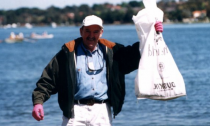
Prominent environmentalist Ian Kiernan, the founder of an iconic Australian anti-litter campaign that expanded into a global success, has died aged 78. The round-the-world yachtsman began the Clean Up Australia and Clean Up the World campaigns after being appalled by levels of ocean rubbish in the 1980s.
In 1994, he famously helped come to the rescue of Prince Charles when a protester rushed at him, firing a starting pistol, on a stage in Sydney.
Mr Kiernan had been enduring cancer.
“While we will deeply miss Ian’s guidance and humour, it was his greatest wish that the work he inspired continues,” Clean Up Australia said in a statement on Wednesday.
His first clean-up event took place around Sydney Harbour in 1989, with more than 40,000 volunteers clearing rubbish from the shoreline.
It h...
Read More
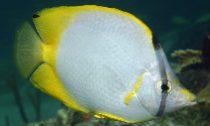


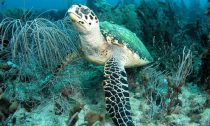
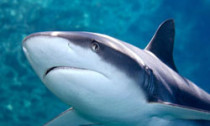
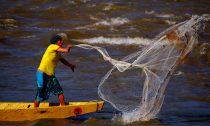
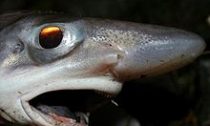
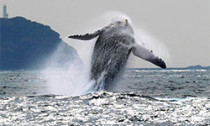

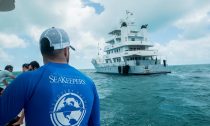
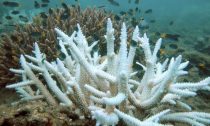
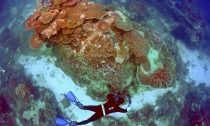


Social Profiles